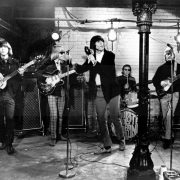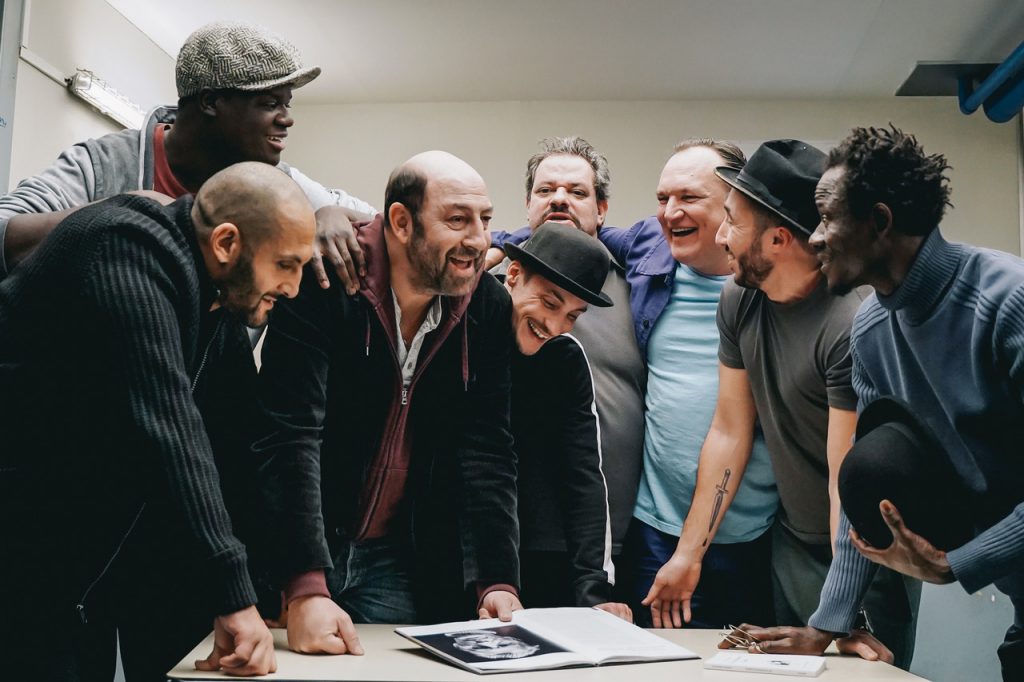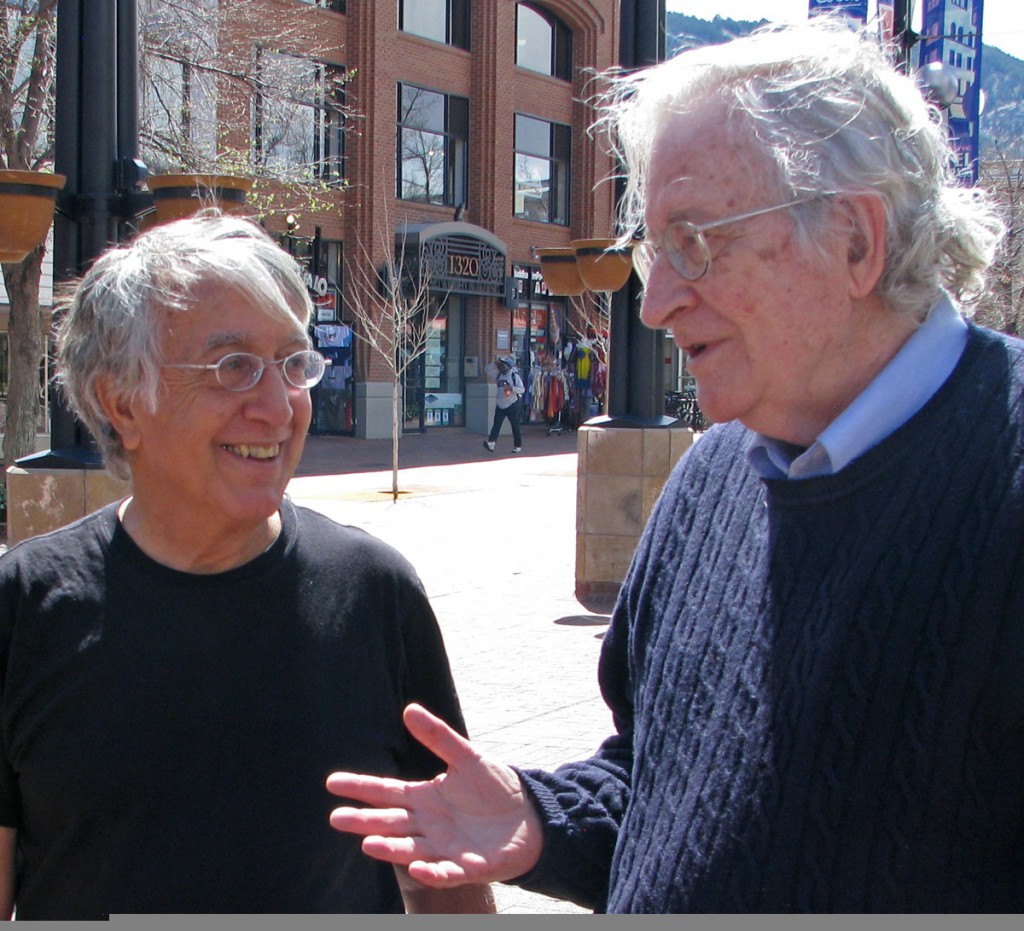CFUV @ UNO: ‘Sea Sick’ review
Written by Festival Coverage on 05/14/2015
Alanna Mitchell’s father was a scholar who studied one species all his life. Her mother was a wildlife artist. It’s fitting that Mitchell is the perfect combination of her parents skills and talents, mixing science and art into a one-woman show about ocean health. Though she did not study science (she was a Latin major), she knows the importance of it, and gives it context in Sea Sick. Early on, Mitchell brings out an iPad, plays three notes, and says that while science can give you their frequency in hertz, the only someone like Bob Dylan can make them meaningful.
The presentation is like listening to someone read the audiobook version of their memoir. The lights would dim as she took us to the deepest parts of the ocean, a short musical interlude accompanied a pause between chapters. It was beautifully low tech: just a chalkboard, a table, some water, a pitcher of what I thought was water, and her iPad. No slideshow, no cherry picker with the hockey stick graph (I’m looking at you, Al Gore). Just a high school science lesson and a yarn.
Mitchell is a fabulous storyteller, and her urgency is clear to see. The economical writing style favoured in journalism comes through as she describes the state of today’s oceans: warm, breathless, and sour. She is frank, self-deprecating, and truly vulnerable. She made herself part of the story, breaking the first rule of journalism. But how could she be neutral? Like all of us, she is part of the problem. While a rational discussion of science is always important, it’s the emotional conversations that spur action.
At one point, she recalls how one scientist had trouble hammering home the importance of ocean acidification to a room of British MPs. By the audience Q&A, it was clear that most of the audience already understood the seriousness of climate change, even if they learned many more details about ocean health. At times, I wondered if she’d make more of a difference talking to the undecided, or even the opposed. It is of course a far more unpleasant conversation that’s much less rewarding. But she raises a good point about why the sympathetic still don’t act, and if Mitchell’s presentation urges them to try even harder to stop ocean acidification, then she’s done her job.
Mitchell’s bunkmate Sylvia Earle, the formidable deep sea explorer, told her that “if everything on land died, everything in the ocean would be fine. If everything in the ocean dies, everything on land does, too.†It’s easy to feel discouraged when environmental reporting is full of doom and gloom, but if I’ve learned anything from her presentation, it’s that it cannot be an excuse to shrug when something more could be done.
—Hugo
For more CFUV coverage of Uno Fest 2015, click here.
For ticket info and showtimes, click here.






